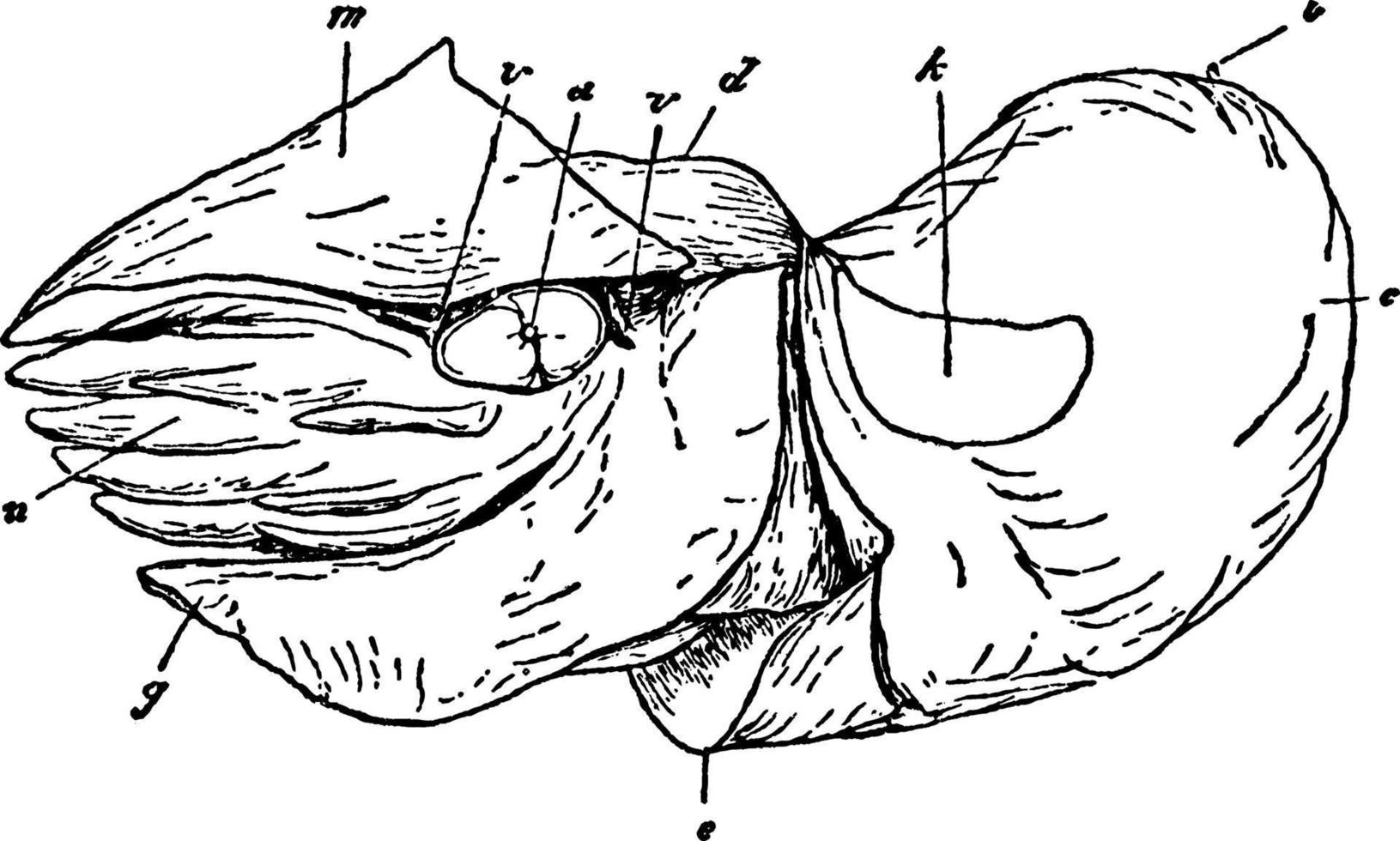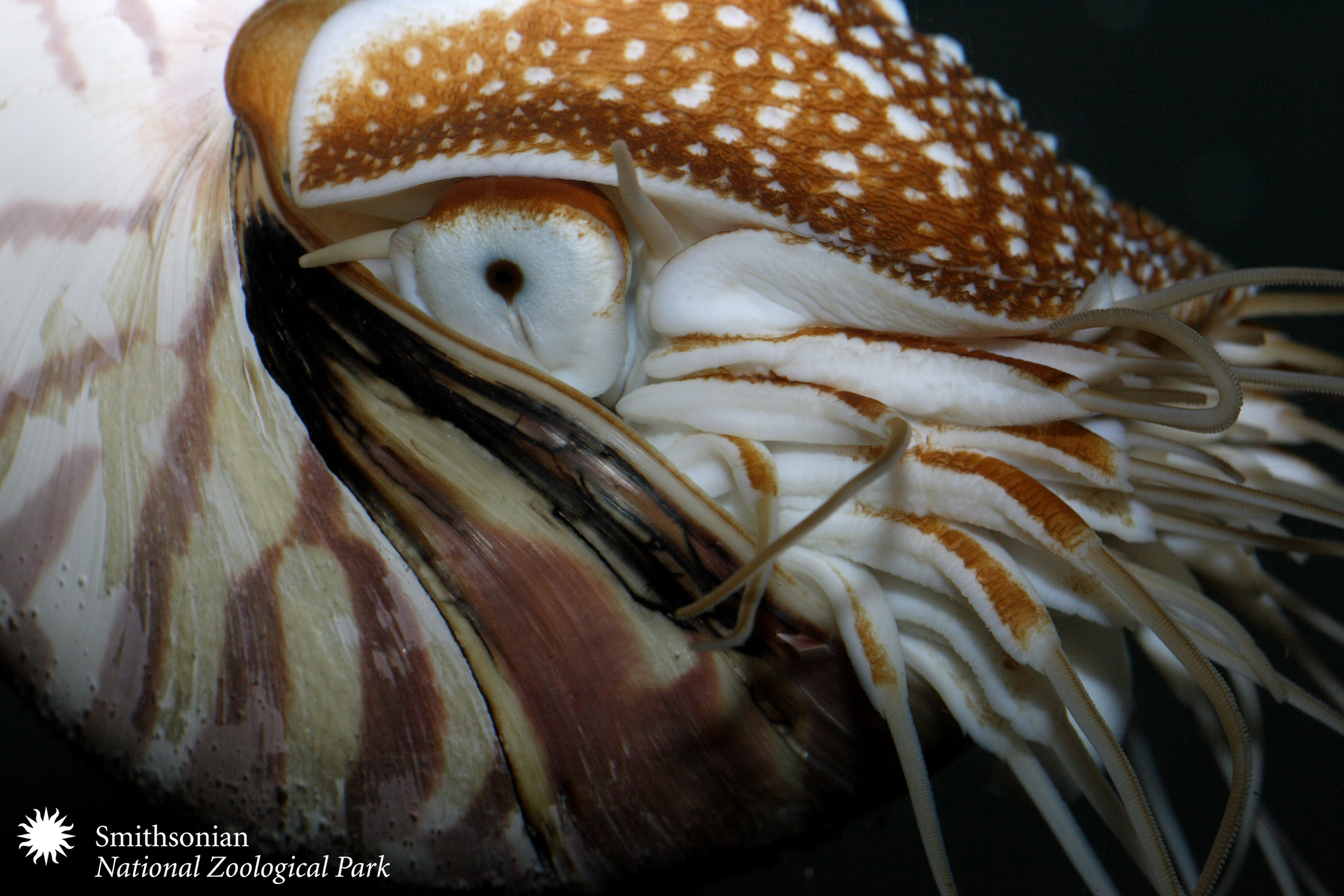Exploring The Mysteries Of The Nautilus Without Shell: A Deep Dive Into Nature's Marvel
Imagine a creature that has evolved over millions of years, adapting to the ever-changing marine environment, yet losing its defining feature: its shell. The nautilus without shell, a fascinating anomaly in the natural world, has intrigued scientists and marine enthusiasts alike. This unique organism represents a captivating evolutionary puzzle, challenging our understanding of marine life and adaptation. Its existence raises questions about survival strategies, environmental pressures, and the intricate balance of ecosystems. As we delve into the world of the nautilus without shell, we uncover not only its biological significance but also its role in shaping our perception of marine biodiversity.
The nautilus without shell offers a glimpse into the complexities of evolution and adaptation. While traditional nautiluses are renowned for their spiral shells, this variation presents a remarkable deviation from the norm. Scientists believe that the absence of a shell could be a result of environmental factors, genetic mutations, or even a response to predation pressures. Understanding the nautilus without shell provides valuable insights into how species adapt to survive in an ever-changing world, making it a subject of immense interest for researchers and nature lovers alike.
As we explore the nautilus without shell, we also examine its ecological significance and the implications of its existence. This article aims to shed light on the mysteries surrounding this fascinating creature, offering readers a comprehensive understanding of its biology, habitat, and potential threats. By diving deep into the world of the nautilus without shell, we aim to inspire curiosity and foster a deeper appreciation for the wonders of marine life.
Read also:Understanding Medium Well A Comprehensive Guide To Achieving The Perfect Steak Doneness
What Makes the Nautilus Without Shell Unique?
The nautilus without shell stands out as a remarkable deviation from its shelled counterparts. Unlike traditional nautiluses, which rely on their protective shells for buoyancy and defense, this variation has evolved to thrive without such a structure. This adaptation raises intriguing questions about its survival mechanisms and ecological role. How does it maintain buoyancy? What strategies does it employ to evade predators? These are just some of the questions that scientists are striving to answer as they study this fascinating creature.
How Does the Nautilus Without Shell Survive Without Protection?
Surviving without a shell poses significant challenges for the nautilus without shell. In the wild, protection from predators is crucial for survival. To compensate for the lack of a shell, this organism has developed unique survival strategies. For instance, it may rely on camouflage, speed, or even forming symbiotic relationships with other marine creatures. Understanding these strategies provides valuable insights into the resilience and adaptability of marine life.
Can the Nautilus Without Shell Thrive in Modern Marine Environments?
As marine ecosystems face increasing pressures from climate change and human activities, the nautilus without shell's ability to adapt becomes even more critical. Modern marine environments are characterized by changing water temperatures, acidification, and pollution, all of which can impact the survival of marine species. By studying the nautilus without shell, scientists can gain a better understanding of how marine organisms adapt to these challenges, offering potential solutions for conservation efforts.
Where Can the Nautilus Without Shell Be Found?
The nautilus without shell inhabits specific regions of the ocean, often in deep waters where environmental conditions favor its survival. These regions are characterized by stable temperatures, low light levels, and abundant food sources. Identifying the habitats of the nautilus without shell is crucial for conservation efforts, as it allows scientists to monitor populations and assess potential threats.
Why Is the Nautilus Without Shell Important for Marine Ecosystems?
The nautilus without shell plays a vital role in maintaining the balance of marine ecosystems. As a predator, it helps control populations of smaller marine organisms, contributing to the overall health of the ecosystem. Additionally, its presence serves as an indicator of environmental conditions, providing valuable data for scientists studying marine biodiversity. Understanding the ecological significance of the nautilus without shell highlights the interconnectedness of marine life and the importance of preserving these delicate ecosystems.
What Threats Does the Nautilus Without Shell Face?
Despite its adaptability, the nautilus without shell faces numerous threats in the modern world. Overfishing, habitat destruction, and climate change are just some of the challenges that impact its survival. Conservation efforts are essential to protect this unique organism and ensure its continued existence. By addressing these threats, we can help preserve the nautilus without shell and the vital role it plays in marine ecosystems.
Read also:Discover The Ultimate Guide To Hub 4u Your Goto Resource For Everything You Need
Can the Nautilus Without Shell Be Studied in Captivity?
Studying the nautilus without shell in captivity presents both opportunities and challenges. While it allows scientists to observe its behavior and physiology in a controlled environment, it also raises ethical concerns about the welfare of the organism. Captive studies must be conducted with care, ensuring that the nautilus without shell is provided with the necessary conditions to thrive. By balancing scientific inquiry with ethical considerations, researchers can gain valuable insights into this fascinating creature.
What Can We Learn from the Nautilus Without Shell?
The nautilus without shell offers a wealth of knowledge about evolution, adaptation, and marine biology. By studying its unique characteristics, scientists can gain a deeper understanding of how species adapt to changing environments and the factors that drive evolutionary change. This knowledge not only enhances our appreciation of marine life but also informs conservation strategies aimed at protecting vulnerable species.
Is the Nautilus Without Shell Endangered?
While the conservation status of the nautilus without shell is not yet fully understood, there are concerns about its vulnerability to environmental changes and human activities. Monitoring populations and assessing threats are essential steps in determining its conservation status. By raising awareness about the nautilus without shell and its ecological significance, we can promote efforts to protect this remarkable organism and its habitat.
Conclusion: The Fascination of the Nautilus Without Shell
The nautilus without shell represents a captivating anomaly in the marine world, challenging our understanding of evolution and adaptation. Its existence highlights the resilience and adaptability of marine life, offering valuable insights into the complexities of ecosystems. As we continue to explore and study this fascinating creature, we deepen our appreciation for the wonders of nature and the importance of preserving biodiversity.
Table of Contents
- What Makes the Nautilus Without Shell Unique?
- How Does the Nautilus Without Shell Survive Without Protection?
- Can the Nautilus Without Shell Thrive in Modern Marine Environments?
- Where Can the Nautilus Without Shell Be Found?
- Why Is the Nautilus Without Shell Important for Marine Ecosystems?
- What Threats Does the Nautilus Without Shell Face?
- Can the Nautilus Without Shell Be Studied in Captivity?
- What Can We Learn from the Nautilus Without Shell?
- Is the Nautilus Without Shell Endangered?
- Conclusion: The Fascination of the Nautilus Without Shell
Article Recommendations

